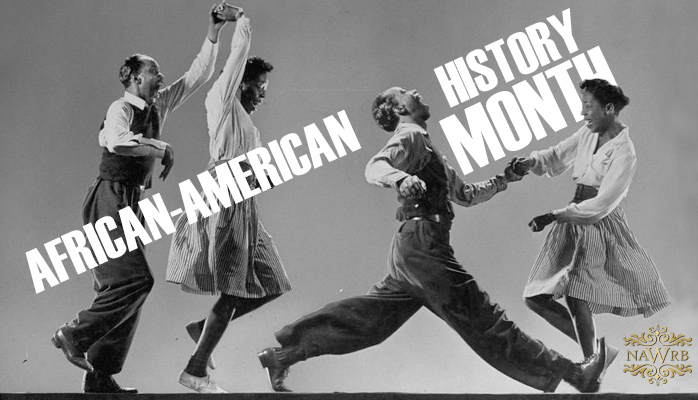American historian Carter G. Woodson established Black History Week as a way of celebrating and honoring the contributions by people of African descent to our country. Taking place for the first time on February 12, 1926—intended to coincide with the birthdays of Frederick Douglass and Abraham Lincoln—this celebration was observed for many years during the second week of February.
As part of the country’s bicentennial in 1976, Black History Week was extended to a month and U.S. presidents have since proclaimed February as National African-American History Month. The U.S. Census Bureau recently released a Profile America Facts for Features providing current statistics in recognition of African-American History Month.
Census Bureau Statistics:
- 108,473 is the estimated number of black-owned employer firms in 2014
- 2 million is the number of black military veterans in the United States in 2015
- 3 million is the black population, either alone or in combination with one or more other races, on July 1, 2015, up about 1.3 percent from July 1, 2014.
- 5 million is the projected black population, either alone or in combination, of the United States (including those of more than one race) on July 1, 2060.
- 7 percent is the percentage of the black population age 25 and over with a high school diploma or higher in 2015
- 2 percent is the percentage of the black population age 25 and over with a bachelor’s degree or higher in 2015
- $36,544 is the annual median income of black households in 2015, compared with the nation at $55,775
- 2 percent is the percentage of the black population who voted in the 2012 presidential election, higher than the 64.1 percent of the non-Hispanic white population who did so.
- 4 percent is the percentage of the black population below the poverty level in 2015, while nationally it was 14.7 percent
- 1 percent is the percentage of families with black householders that were married couples in 2016
It is important to recognize and leverage the contributions of all Americans in order to strengthen our diversity and inclusion. Without the contributions of all our people, the U.S. would not be the country it is today. NAWRB wishes our community a happy National African-American History Month!

 Login
Login

